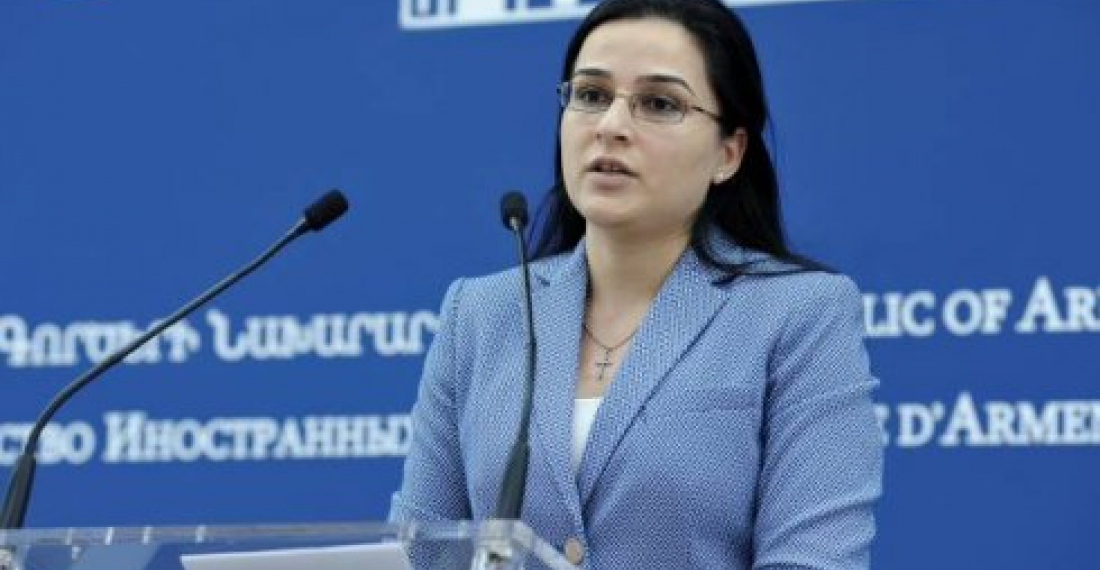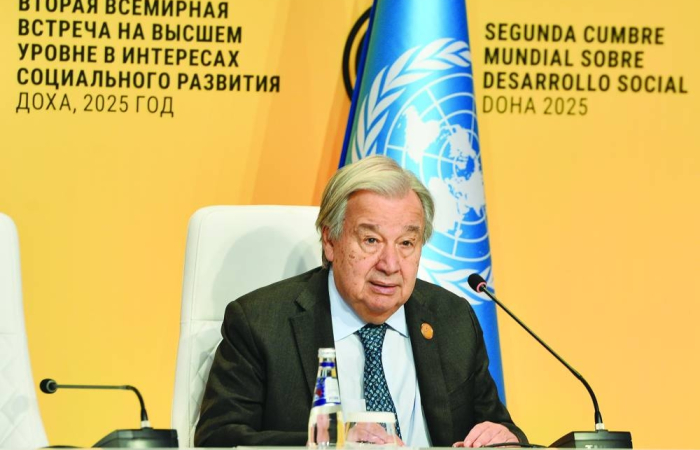Армения наложит вето на любую заявку Азербайджана о вступлении в Организацию Договора о коллективной безопасности (ОДКБ) или же в Евразийский экономический союз (ЕАЭС). Об этом заявила во вторник (28 августа) действующий представитель МИД Армении Анна Нагдалян.
Нагдалян сказала, что в аналитических центрах происходят спекуляции по поводу того, что Азербайджан претендует на членство в этих двух структурах. "Я выскажу официальную позицию МИД Армении. Если такой вопрос будет рассмотрен, Армения будет использовать свое право наложить вето", - сказала она.
Исполняющий обязанности представителя пояснила, что решения в ОДКБ и ЕАЭС принимаются на основе консенсуса. "Мы выразили нашу позицию по этому вопросу, и эта позиция не вызывает двусмысленности. Об этом четко заявил министр иностранных дел Зохраб Мнацаканян", - сказала она.
Похожий материал: Рассматривает ли Азербайджан вопрос о вступлении в ОДКБ?
источник: commonspace.eu по материалам агентств
фото: Заместитель министра иностранных дел Армении Анна Нагдалян (фото предоставлено Арменпресс, Ереван)






